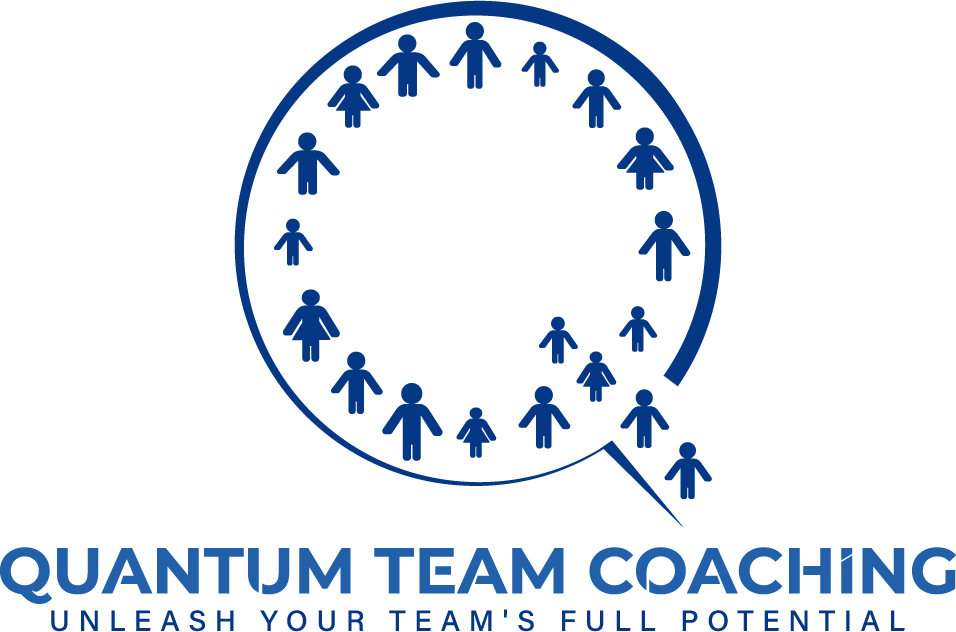Team coaching is more than just a trendy buzzword—it’s a transformative process that can significantly enhance group dynamics and elevate team performance. By focusing on both the “why” behind a team’s actions and the development of essential skills, team coaching fosters deeper understanding, cohesion, and collaboration among members. This, in turn, drives productivity and sustains long-term benefits.
At its core, team coaching helps teams to align with their purpose, ensuring that each member understands the significance of their contributions. When individuals grasp the “why” behind their tasks, they become more engaged, motivated, and connected to the collective goal. This clarity of purpose not only boosts morale but also fosters a sense of shared responsibility, which is crucial for maintaining team cohesion.
In her book *The Culture Map*, Erin Meyer highlights how different cultures operate across eight key dimensions: communicating, evaluating, persuading, leading, deciding, trusting, disagreeing, and scheduling. These scales are vital in shaping how teams interact and function. By improving each of these areas through targeted coaching, teams can achieve remarkable results.
For example, enhancing communication skills can reduce misunderstandings and ensure that information flows smoothly between team members. Strengthening trust within the team can lead to more open and honest interactions, enabling members to express ideas and concerns freely. When teams become adept at navigating cultural differences in areas such as decision-making and conflict resolution, they can operate more effectively and harmoniously.
The impact of team coaching extends beyond immediate improvements in group dynamics. It also lays the foundation for sustained success by equipping teams with the tools and strategies they need to adapt to future challenges. As teams continue to develop these skills, they become more resilient and better positioned to achieve their objectives.
In conclusion, team coaching is a powerful method for enhancing group processes and performance. By helping teams understand their purpose and develop crucial soft skills, coaching not only boosts productivity but also cultivates long-lasting benefits. Whether it’s improving communication, trust, or decision-making, the effects of team coaching are far-reaching and can lead to unimaginable results.






